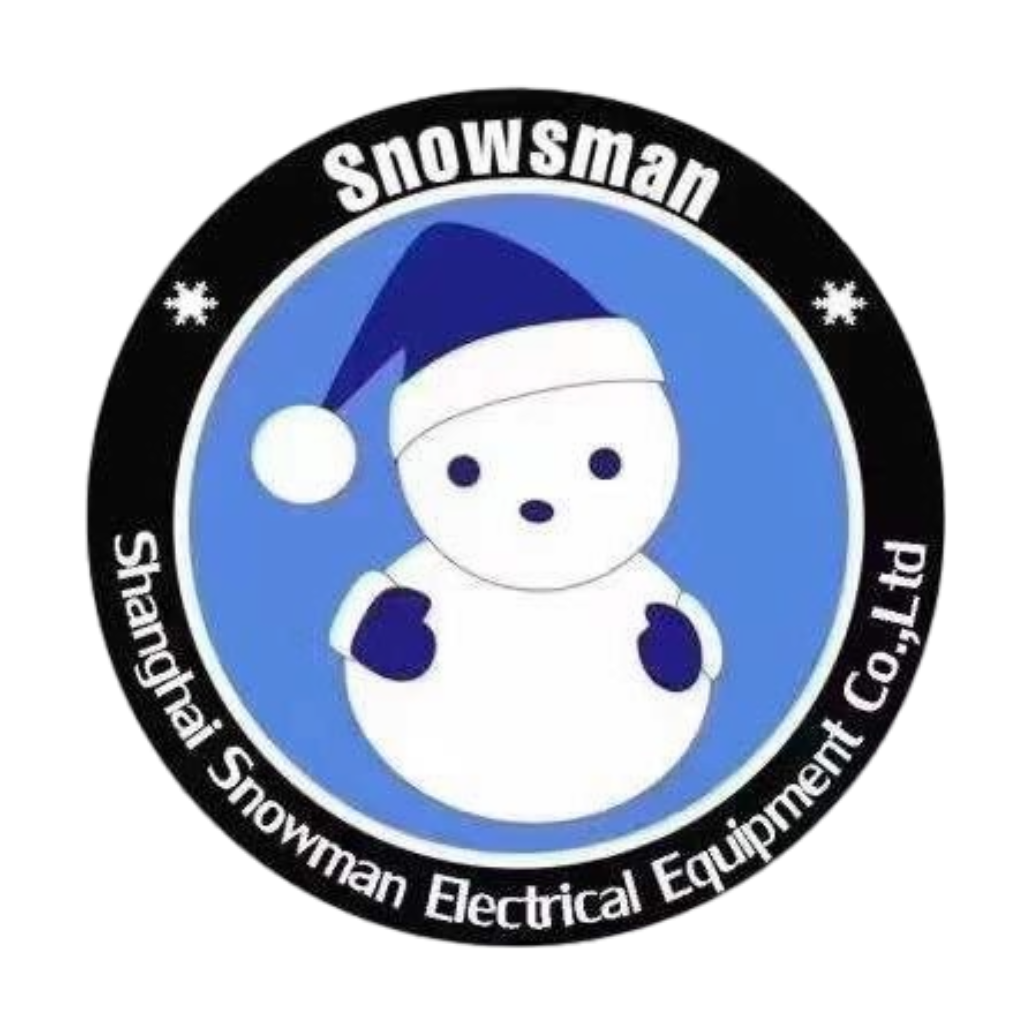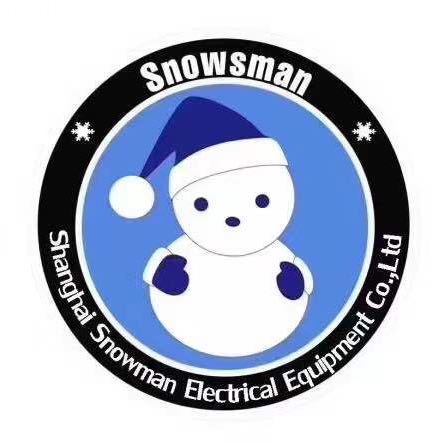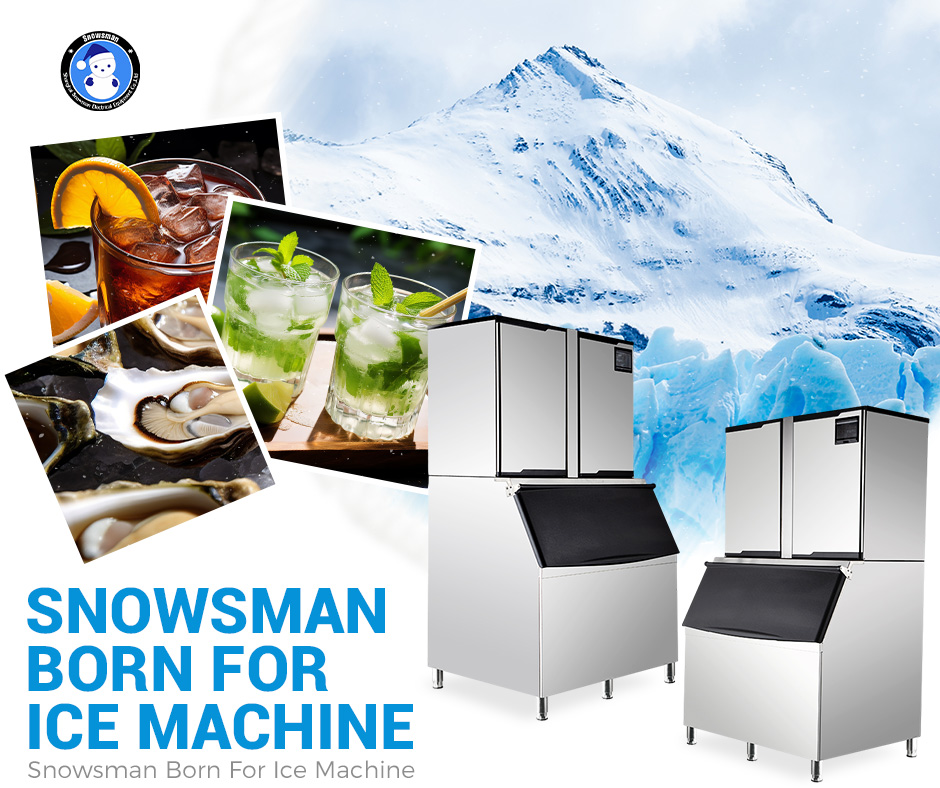
Common Ice Machine Issues Caused by Cold Weather
Ice maker machines are kind of like little ice factories. They like things just right. Not too hot. Not too cold. Just cool enough to make nice, clear ice cubes.Most machines are designed to operate in environments with ambient temperatures around 15°C and water temperatures near 10°C. When temperatures drop significantly below these levels, performance issues can arise.When it gets too cold, parts inside the ice-maker machine can freeze up in the wrong places. Water can get stuck, and pipes can crack. That’s bad news if you’re trying to sell ice or run a shop.A commercial ice maker can make a lot of cubes, but it still needs help when it’s freezing outside.
-2-1024x574.png)
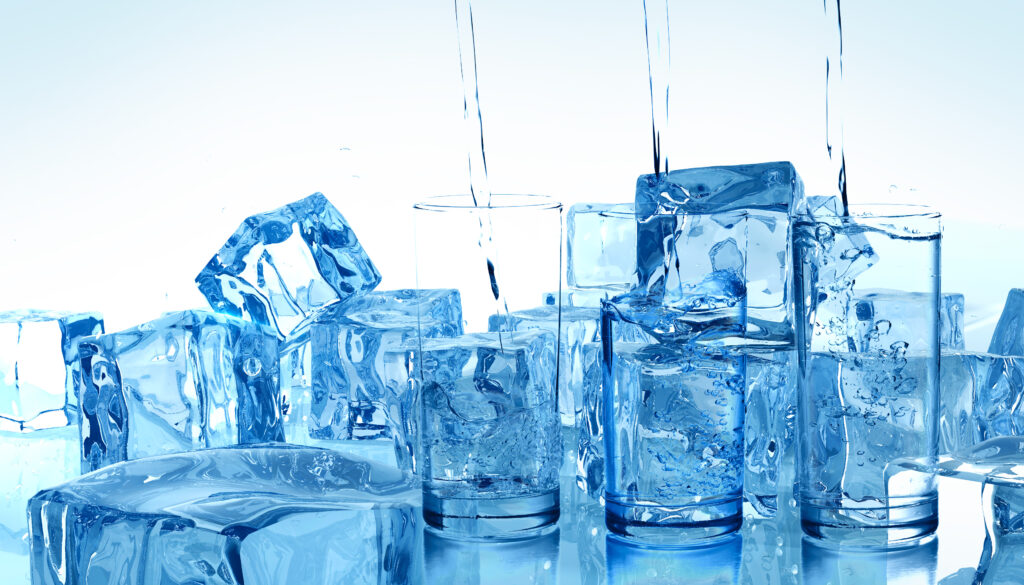
Frozen Water Lines Shut Down Everything
Most ice cube machines rely on a steady flow of water. Cold weather messes that up.
When the temperature around the machine drops too far — especially in poorly insulated spaces — the water lines freeze before the water even enters the ice maker machine. That means no input. No freezing. No ice.
In large setups like a 1000kg ice machine or a machine make ice unit used in hotels or bars, even short-term water blockage can lead to full system failures. You might hear grinding. Or buzzing. Then silence.
Frozen water lines don’t just stop ice production. They can also cause cracks in pipes or fittings — something especially risky for ice maker machines for business that use external water filters or tanks.
Even a 300kg ice making machine or granular ice machine with good filtration won’t help if water never makes it to the tray.
Faulty Bin Sensors Give False Readings
Most commercial ice makers use infrared or mechanical bin sensors to know when the ice storage area is full. But these sensors don’t always love the cold.
Extreme temperatures can cause sensor misfires — tricking the system into thinking the bin is already full, even when it’s empty. The result? The cube ice machine simply stops producing.
This is a sneaky issue. It doesn’t look like a failure. The machine is still on, fans might be spinning, lights blinking — but it’s doing absolutely nothing.
Operators running ice cube maker machines like the ice maker machine 500kg or ice machine 1 ton often mistake this for a control panel issue, when it’s actually a temperature-triggered sensor fault.
When your ice cube business making machine stops mid-shift and you don’t even know why, sensor confusion is a top suspect.
Poor Ice Quality from Unstable Freezing Cycles
Cold air outside your machine can mess with the freezing happening inside.
How? Most ice maker machines are tuned for controlled indoor environments. When it gets colder than designed, the refrigerant cycle changes. Ice freezes too fast or unevenly.
You start seeing:
- Hollow or flaky cubes
- Soft or slushy build-up
- Sticking in the tray
This affects both big models like the ice cube maker machine 1000kg per day and smaller units like the ice maker machine 100kg.
Even a high-end straightforward ice machine maker might begin making cloudy, brittle cubes. For businesses that care about presentation — bars, hotels, cafés — that’s a problem.
This is why many ice machine suppliers recommend temperature-controlled rooms for large machines like snowman ice makers. Without them, ice loses both structure and shelf life.
Internal Cracking from Ice Build-Up
You might not see this one coming — until you get a repair bill.
If water inside the machine freezes where it shouldn’t (like inside evaporator plates or valves), it can cause internal expansion and damage. These are not parts designed to be frozen solid.
It’s common in ice machines that sit idle overnight in unheated kitchens or storage areas. By morning, water has turned to ice inside joints, pushing against seals, bending metal — even breaking internal connections.
Even rugged systems like the ice maker machine commercial cube or heavy duty ice maker machine are not immune.
Drain Lines Freeze and Cause Overflow
Drainage is just as important as freezing. When a machine ice makes new cubes, it also flushes out excess water. That water runs into a drain line — usually plastic or thin stainless.
In cold weather, that water can freeze inside the drain. The next time the machine goes into cleaning or harvest mode, it tries to drain and can’t.
Water backs up. Sensors trip. Or worse, water overflows into the storage bin, melting fresh ice or causing hygiene issues.
This is especially common with ice cube maker machines located in basements or storage sheds — common for operators using cheap ice machines for sale or placing ice machine cube units near doors or open vents.
How to Help Your Ice Machine in Winter
You don’t need magic. Just a little care. Here’s how to be a hero for your ice maker:
- Keep it warm. Don’t put it in a freezing room. Try to place your machine ice indoors.
- Use insulation. Wrap pipes if needed.
- Check water lines. If water’s frozen, your ice maker machine home won’t get anything to make cubes.
- Watch the drain. Blocked drains mean big messes. Keep your machine ice maker dry.
- Don’t unplug unless you drain it. If water’s stuck inside, it can turn into a big ice block.
Pick the Right Machine
Not all ice making machines are made for the cold. Some are better for warm places like juice bars. Some are built for chilly shops or outdoor booths.
- If you’re in a cold place, try something like:
- Ice maker machine for business with strong filters.
- A cube ice machine with heating coils.
- A clear ice machine maker built for tough spots.
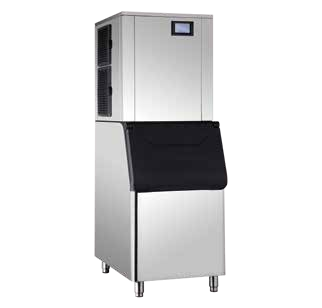
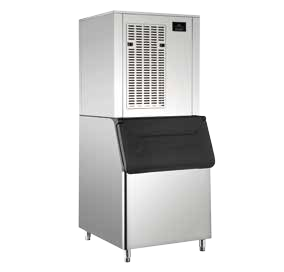
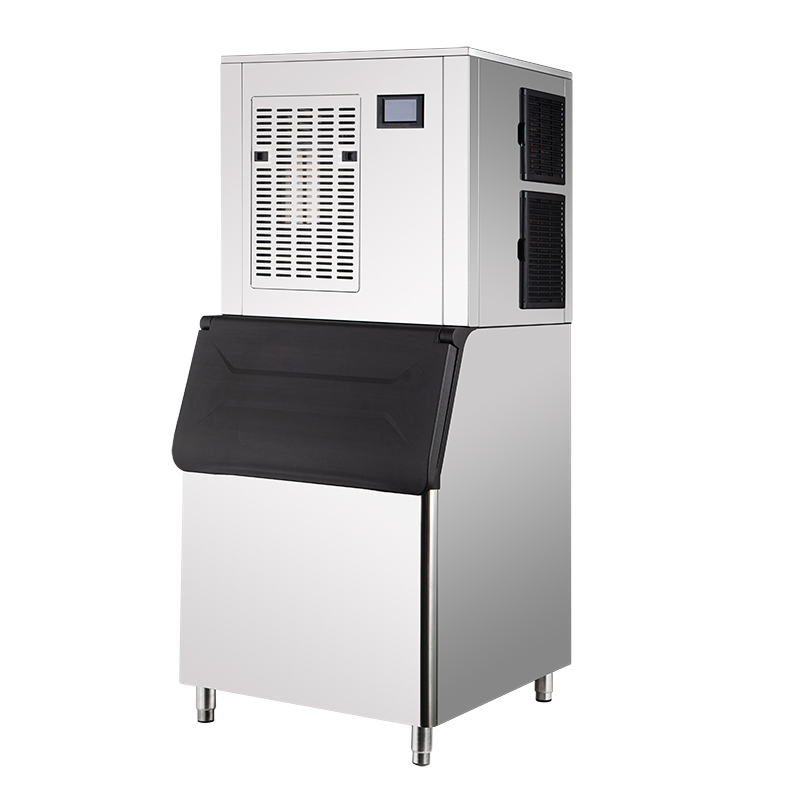
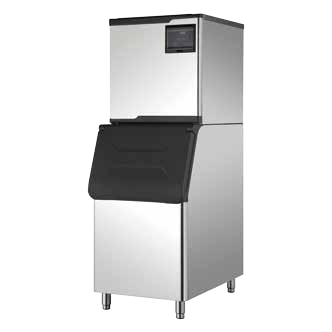
Winter Tips for Ice Sellers
If you sell ice, you probably own a machine make ice or even a cube ice maker machine. You want your cubes to be clean, clear, and solid.
Here’s how to win in winter:
- Use a heavy-duty ice maker machine that fights frost.
- Buy a cheap ice machines for sale as backup.
- Clean your ice cube machine commercial often.
- Watch your pipes every day.
- Run tests with your ice maker machine 100kg or ice cube maker to spot early trouble.
Final Scoop
So, cold weather + ice machines? Not always best friends.
But with care, even a snowflake ice machine or ice cube maker machine commercial can work through winter.
Keep them warm. Keep them clean. And check them often.
Because nothing’s cooler than always having ice — even when it’s freezing outside.
